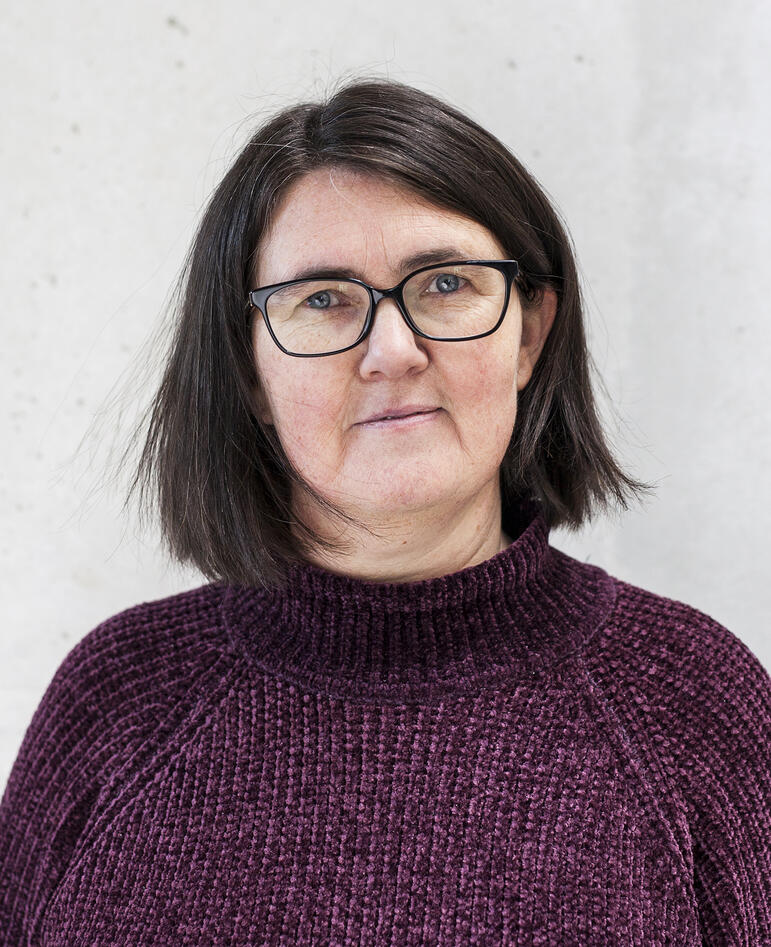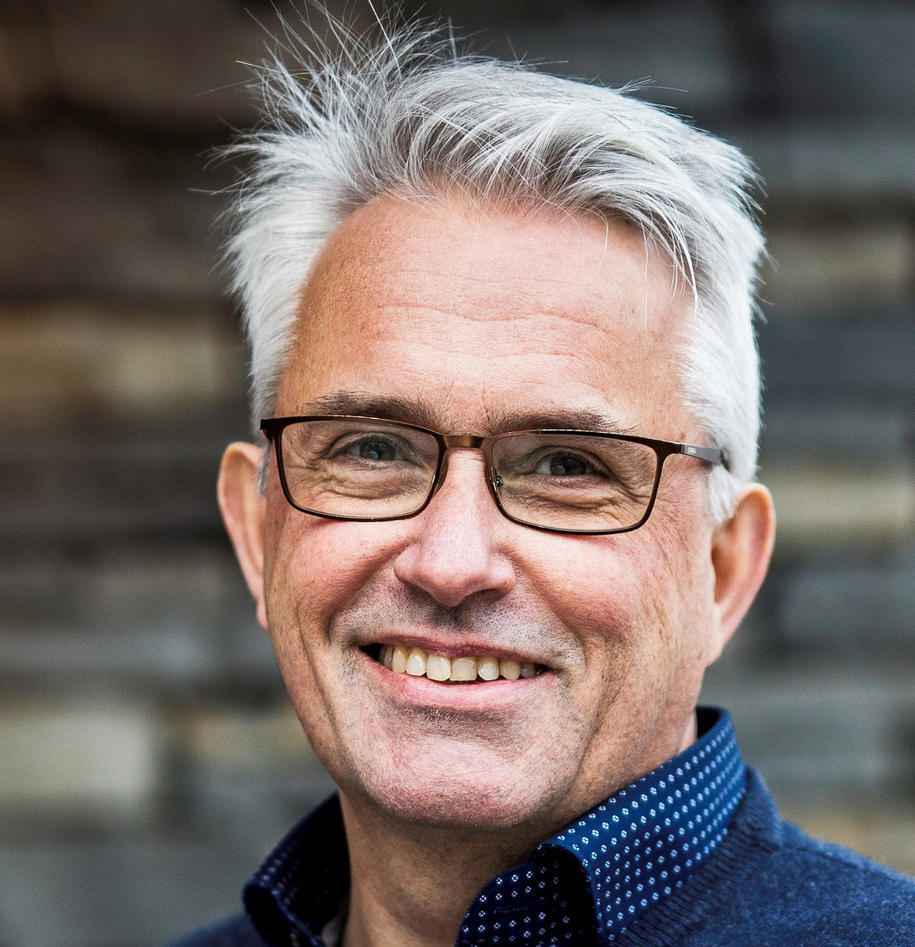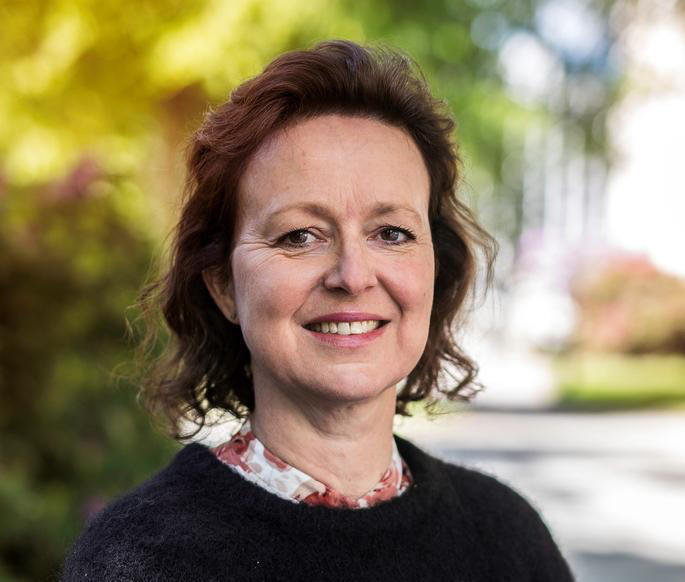Research school collaboration between centers of excellence
CCBIO initiated its research school – CCBIO Research School for Cancer Studies (RSCS) – very early on, and the RSCS has since the startup in 2014 undergone a steady progress and expansion of the course portfolio. Now that CCBIO’s parent department the Department of Clinical Medicine has been assigned an FKB center (Centre for Clinical Treatment Research) – Neuro-SysMed – CCBIO is happy to be able to share experiences and establish a new potential for synergy effects and mutually prosperous interactions.

Main content
Where CCBIO focuses its research on new cancer biomarkers and targeted cancer therapy, Neuro-SysMed is concerned with neurological diseases such as multiple sclerosis, dementia, Parkinson’s disease and ALS. The focus areas of the two centers might be going in different directions, but there is still a potential for biological and clinical intersections. Young researchers are required to learn about research infrastructures, methods, legislation and other topics – common for all medical research fields.
“We are happy to contribute with our experiences, both from the initial establishment of the CCBIO RSCS by Lars A. Akslen and Anne Christine Johannessen, and from the ongoing progress throughout the research school period,” says leader of the CCBIO Research School, Elisabeth Wik. “We see a potential for various collaborations between our research schools,” she continues. “PhD candidates are encouraged to acquire skills in generic topics within medical research, which are well suited for collaborative courses. Joint courses on common methods will be relevant, in addition to research school activities that focus on career planning for young researchers,” she explains.
Neuro-SysMed's director Kjell-Morten Myhr believes the two centers have several intersections.
“As for CCBIO, Neuro-SysMed is responsible for researcher education and training of health care workers in clinical treatment research,” he explains. “I find that CCBIO is run in an exemplary manner, also in relation to the organization of the research school. It is an obvious place for Neuro-SysMed to go to for inspiration when building our own research school, and all the better that we can collaborate on some courses,” he continues.
Facilitating early establishment of the new research school
Myhr already sees benefits from the collaboration. “It has been a great help to work with Lars Akslen and Elisabeth Wik in the planning process of Neuro-SysMed’s research school, and we are happy to contribute on courses that have got off to a good start at CCBIO already,” he says. He believes synergy effects are already underway. “We are contributing to further development of courses to obtain ECTS approval at the university. We have also initiated courses where CCBIO will join in with important contributions and perspectives from cancer research,” Myhr says.
Neuro-SysMed’s research school leader Nina Grytten Torkildsen finds the work that much easier when CCBIO has already cleared the path. “Being a research school leader is new to me, and I am very grateful to Elisabeth Wik for sharing her knowledge and experience in organizing a research school. Due to Elisabeth's efforts and expert guidance, we will be able to establish a professionally sound research school at Neuro-SysMed already during this spring,” she says.
Three new courses in the fall term
Three joint PhD courses will be launched in the fall term of 2021:
Line Bjørge (CCBIO) and Øivind Grytten Torkildsen (Neuro-SysMed) are academically responsible for the course Clinical Trials in Cancer and Neurological Diseases. This is a continuation of CCBIO’s course Clinical trials in Cancer Research from 2019, at that time organized by Line Bjørge and Hani Gabra. The completed program qualifies for a Good Clinical Practice (GCP) certificate and covers several aspects of clinical trials – from design planning to execution – with learning examples from cancer research and neurological research alike.
Nina Jebsen (CCBIO) and Tone Skår (Neuro-SysMed and VIS) are academic responsible for new course Patient and Public Involvement in Medical and Health Research. Neuro-SysMed has initiated the course, as they have a strong focus on patient participation in their activities. The course aims to inspire increased user participation in research trials and will present methods on how to involve user representatives. This is highly relevant to all biomedical research fields.
Agnete Engelsen (CCBIO) and Magnus Alvestad (Neuro-SysMed) are academically responsible for the new course Health Innovation, aiming to teach PhD candidates and other researchers how to recognize the close connection between research findings and innovation potential. The course will use examples from our own research environments as well as internationally, to showcase the practical route from idea to patent – and beyond. Agnete and Magnus will use different teaching methods to stimulate active learning.
These joint courses are currently in process for PhD course approval, and will be open to other interested students and researchers outside of CCBIO and Neuro-SysMed. More information will be available in coming newsletters and announcements.
Potential for more collaboration
We might also see a collaboration impact on other areas between the two centers of excellence.
“I see this as a start for an important collaboration between CCBIO and Neuro-SysMed,” Kjell-Morten Myhr says. “We are already collaborating in relation to the research adviser function of Yamila Cleuren. I also see a potential regarding research projects and sharing of research methods,” he explains.
Nina Grytten Torkildsen agrees with this, and adds that the good collaboration between the CCBIO and Neuro-SysMed research schools demonstrates the importance of community in research, generating new organizations, networks and ideas.
Win-win situation
Elisabeth Wik believes that the collaboration has already proven fruitful through the solid planning work done by the six course leaders for the three new courses. “Although still in an early phase of the collaboration, in my opinion this already shows itself as a great win-win situation,” she says. “The CCBIO and Neuro-SysMed research schools are both enriched by the joint effort, benefiting young researchers from many academic environments, also outside of our two centers,” she concludes.


